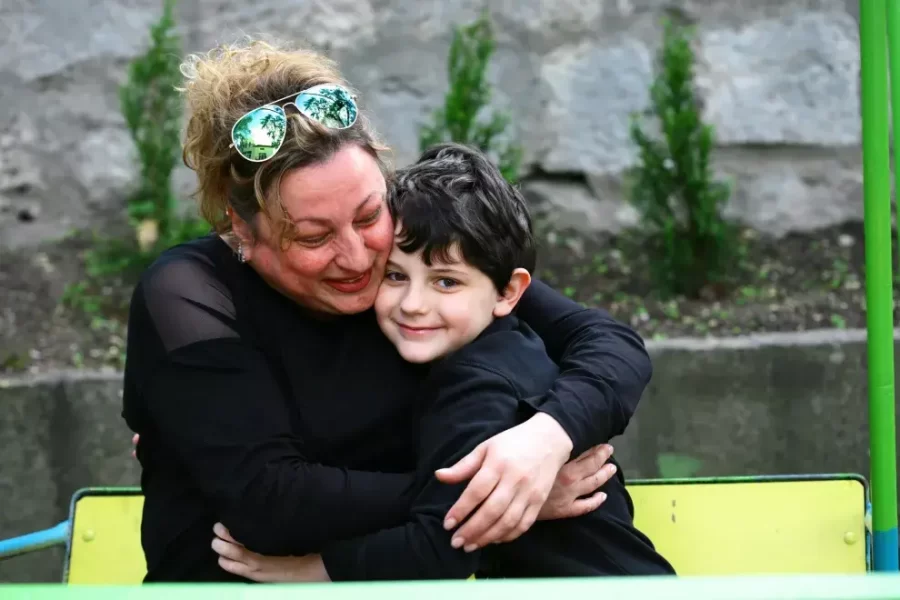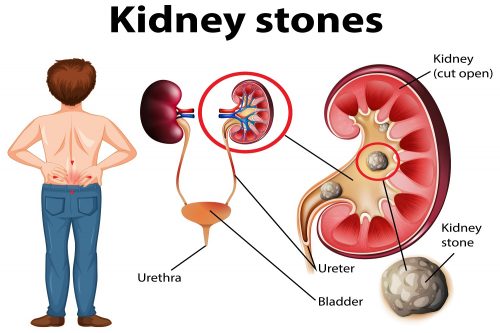Are you or someone you know battling mental health or substance use disorders? Have you tried conventional treatments but to no avail?
If you answered yes to both questions, perhaps it’s time you gave residential treatment a chance.
Read below for a comprehensive guide to residential treatment facilities. The post shall highlight how adopting these interventions may benefit mental health patients and substance addicts.
Introducing a Residential Treatment Facility
A residential treatment facility is a live-in healthcare center that provides holistic therapies for patients grappling with mental, behavioral, and substance use disorders.
Residential treatment centers are better known as rehabilitation facilities or rehabs in common parlance. However, many healthcare professionals are averse to the term “rehabilitation” for its negative connotations. The word implies that a patient’s condition has degenerated so badly that radical interventions are necessary to restore them to their former selves.
Multiple reports suggest that residential treatment facility adoption can ease the burden of substance abuse and mental health disorders on the global economy and healthcare systems. While previously considered auxiliary to conventional treatments, rehabilitation centers now play a central role in helping patients unshackle themselves from the bondage of addiction and mental illnesses.
Services Offered At Residential Treatment Centers
Most residential treatment facilities handle the following problems;
-
Substance Abuse
Nothing exemplifies the scourge of substance abuse than the raging opioid epidemic in North America.
Residential treatment centers provide holistic therapies to different kinds of addicts, including chronic alcoholics, narcotics users, and marijuana stoners.
-
Mental Health Issues
Mental health conditions have risen tremendously in the past few years. Certain reports indicate that as much as half of the global population will develop some form of mental illness in their lifetime.
Stress and anxiety are the leading mental health issues that residential treatment centers provide help with. Others include psychiatric problems like schizophrenia and bipolar disorder.
-
Behavioral Disorders
Behavioral problems are mostly linked to mental health. However, these conditions may develop without apparent underlying triggers.
Residential treatment centers deal with a variety of behavioral disorders. Common ones include obsessive-compulsive disorder (OCD), eating disorders like anorexia, and conduct problems like bullying.
Why Adopt Residential Treatment?
The primary reason to consider residential treatment is that such facilities offer help with various medical issues. You can find permanent solutions to chronic mental health, substance abuse, and behavioral disorders, including conditions that have proven immitigable by conventional medicine.
Below are other reasons in favor of adopting residential treatment facilities;
-
Access to Specialized Treatment
Although residential treatment centers cater to a broad spectrum of medical problems, treatment plans are prescribed case-by-case. These facilities work with different healthcare professionals skilled in handling specific mental and behavioral disorders.
That starkly contrasts many regular hospitals, which rely on general practitioners for most illnesses.
-
Access to Intensive Care
Intensive care is paramount when handling patients with severe mental and behavioral symptoms. Healthcare providers must monitor such clients closely to avert any risk of a relapse.
Fortunately, most residential treatment centers offer round-the-clock, institution-based supervision. Patients on ongoing treatment can only leave the facilities under the strict supervision of a therapist or other healthcare worker.
Thanks to the insistence on intensive care, residential treatment patients often recover much faster than those in outpatient hospitals. These facilities have programs ranging from ten days to several weeks, depending on the scope of treatment required.
-
Therapeutic Environment Makes Clients More at Ease
Our preconceived images of a traditional hospital setting can dissuade many mental and substance disorder clients from seeking treatment. No one wants to be confined in a room within hearing distance of other patients moaning in pain or lifeless bodies being wheeled to the morgue.
Residential treatment addresses these obstacles by providing a therapeutic environment that doesn’t feel like a hospital. Clients can indulge in enriching activities like swimming, nature walks, and even spa treatments.
-
Extensive, Continuous Diagnosis
Recovering from mental health and behavioral disorders isn’t an overnight event. Rather, it’s a long-drawn journey often fraught with immense challenges.
Regular diagnosis is necessary to establish that a patient is making significant progress and recommend the best treatments based on their present state.
Residential treatment centers perform ongoing diagnosis as part of their robust patient monitoring techniques. The healthcare providers at these facilities undertake extensive assessments using advanced medical tools and technologies.
Typically, the screening begins with psychological tests before proceeding to brain scans. If need be, a patient may also undergo genetic testing to determine if their condition is hereditary.
-
Broader Treatment Range
The fact that residential treatment centers deal with different types of clients implies they prescribe a variety of treatment options.
Once a patient has undergone rigorous tests and their medical profile is out, a healthcare professional will pick from a broad spectrum of treatments, such as psychotherapy and recreational therapy.
Remember that patients will only receive a treatment plan that addresses their specific illness and their current stage of recovery.
However, most interventions available at residential treatment centers are approved for people with mental health and behavioral disorders. That means a client will undergo multiple treatments, which is critical in accelerating their recovery.
Wrap Up
While residential treatment facilities may provide holistic therapies, real transformation begins from the mind. Remember to also conduct some due diligence while looking for a rehabilitation center. Insist on facilities with a proven excellence record, relying on online reviews and peer-to-peer (P2P) recommendations.









